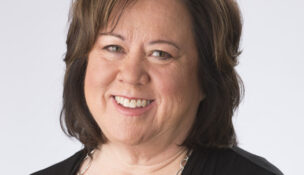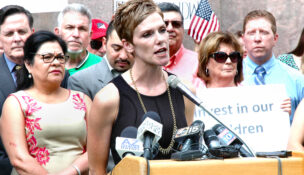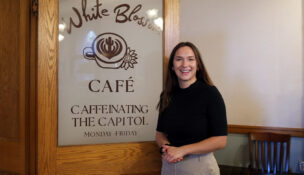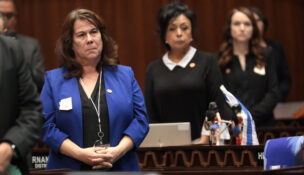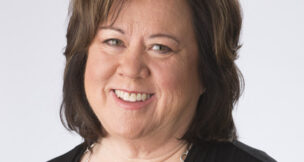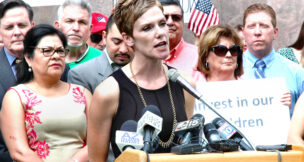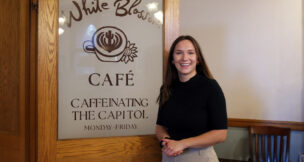Kyl, Pederson race draws national attention; Democrats want to retake chamber
Arizona Capitol Reports Staff//September 1, 2006//
Kyl, Pederson race draws national attention; Democrats want to retake chamber
Arizona Capitol Reports Staff//September 1, 2006//
Facing a deficit of 10 seats in the U.S. Senate, Democrats have been scouring the national landscape for seats within winnable reach in order to retake the upper chamber. Democrats...
No tags for this post.






